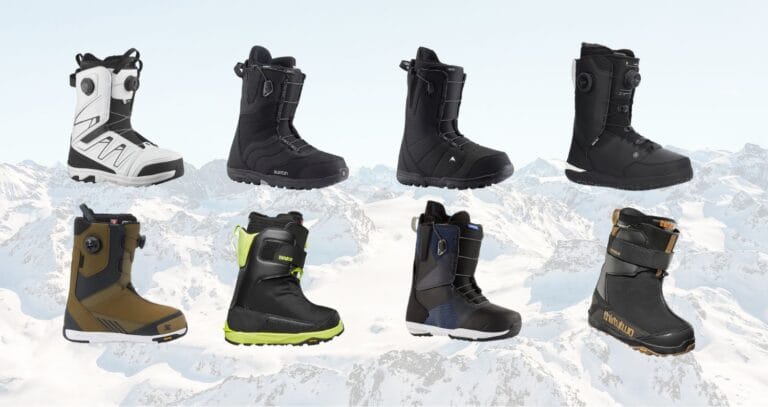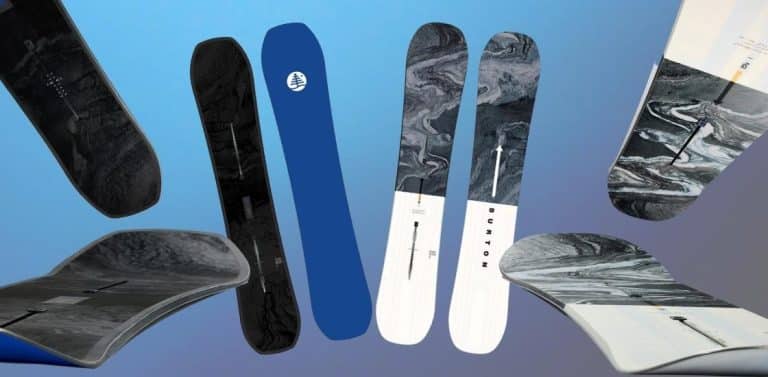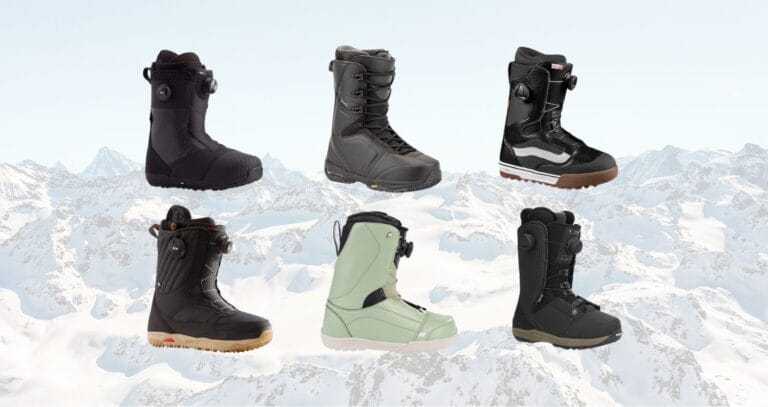Let’s face it, the idea of turning your passion for snowboarding into a career is pretty exciting! But how do you actually become a snowboard instructor? With these steps, you’ll be well on your way to shredding the slopes while teaching others to do the same.
Understanding the Snowboard Instructor Lifestyle
Passion for Snowboarding: If you’re not stoked about snowboarding, this might not be the gig for you. A genuine love for the sport is essential. You’ll be spending a lot of time on the mountain, so make sure it’s something you truly enjoy.
Commitment and Hard Work: It’s not all powder days and park laps. Becoming a snowboard instructor requires dedication and effort. You’ll need to be committed to improving your skills and teaching abilities continuously.
Perks of the Job: The benefits are pretty sweet—global travel, mountain living, and high job satisfaction. Imagine waking up to fresh snow every morning and getting paid to ride. Sounds like a dream, right?
Setting Your Goals
Short-term Goals: Start with the basics. Gaining your initial qualifications, like a Level 1 certification, is your first step. Think of it as laying the foundation for your new career.
Long-term Aspirations: Dream big! Whether you want to become a senior instructor, a trainer, or even manage a ski school, setting long-term goals will keep you motivated and focused.
Qualifications and Certifications
Basic Requirements: Your entry ticket to becoming a snowboard instructor is a Level 1 certification. This will allow you to teach beginners and get your foot in the door.
Advanced Certifications: Level up your skills with higher certifications like Level 2, Level 3, and Level 4. These will open up more opportunities and allow you to teach more advanced riders.
Choosing the Right Certification Body: There are several certification bodies out there, such as CASI, BASI, and CSIA. Do some research to find the one that suits your style and career goals.
Finding the Right Training Program
Researching Programs: Do your homework! Look for training programs with a good reputation, convenient locations, and reasonable costs. Make sure they offer the support and resources you need to succeed.
Program Structure: It’s more than just shredding. A typical snowboard instructor course will cover teaching techniques, safety procedures, and technical riding skills. Be prepared for both on-snow and classroom sessions.
Avoiding Common Pitfalls: Stay savvy! Watch out for hidden costs and programs that don’t guarantee job placements. Make sure you understand what you’re signing up for before committing.
Gaining Experience
Starting Out: Everyone starts somewhere. Teaching beginners and children is a great way to gain experience and build your confidence as an instructor.
Building Your Resume: Stack up those teaching hours! The more experience you have, the more attractive you’ll be to potential employers. Volunteer, intern, or take on part-time roles to build your resume.
Networking: It’s all about who you know. Make industry connections during your training and early career. Attend industry events, join professional organizations, and connect with other instructors.
Essential Skills and Qualities
Technical Skills: Keep pushing your limits. Strong snowboarding skills are a must, and ongoing personal development is key. Take advanced riding clinics and stay current with the latest techniques.
Teaching Skills: It’s not just about riding; it’s about teaching. Excellent communication and motivational skills are essential. Learn how to break down complex movements and provide constructive feedback.
Personality Traits: Bring the stoke! Enthusiasm, patience, and adaptability are crucial traits for a snowboard instructor. Your positive attitude will inspire and motivate your students.
Job Search and Career Development
Job Hunting Tips: Get your foot in the door. Look for job opportunities at ski resorts, snow schools, and through certification bodies. Make a strong application by highlighting your experience, certifications, and passion for teaching.
Career Progression: Climb the ladder. As you gain experience, you can move up to senior instructor roles, become a trainer, or even manage a ski school. Keep setting new goals and challenging yourself.
Continual Professional Development: Never stop learning. Ongoing training and certification are essential to stay competitive in the industry. Attend workshops, take advanced courses, and stay updated with industry trends.
Conclusion
You’ve got this! Becoming a snowboard instructor is a rewarding journey that combines your passion for snowboarding with the joy of teaching others. Remember to stay committed, keep learning, and most importantly, have fun along the way.
The mountain is calling. Are you ready to answer? Share your experiences or ask questions in the comments section below. Let’s chat!
Additional Resources
- Links to Certification Bodies: Start your journey here with organizations like CASI, BASI, and CSIA.
- Recommended Training Programs: Get trained by the best. Look for reputable training programs and schools.
- Further Reading: Knowledge is power. Check out additional articles or books on becoming a snowboard instructor.
This comprehensive guide should help you on your path to becoming a snowboard instructor. Enjoy the ride!




